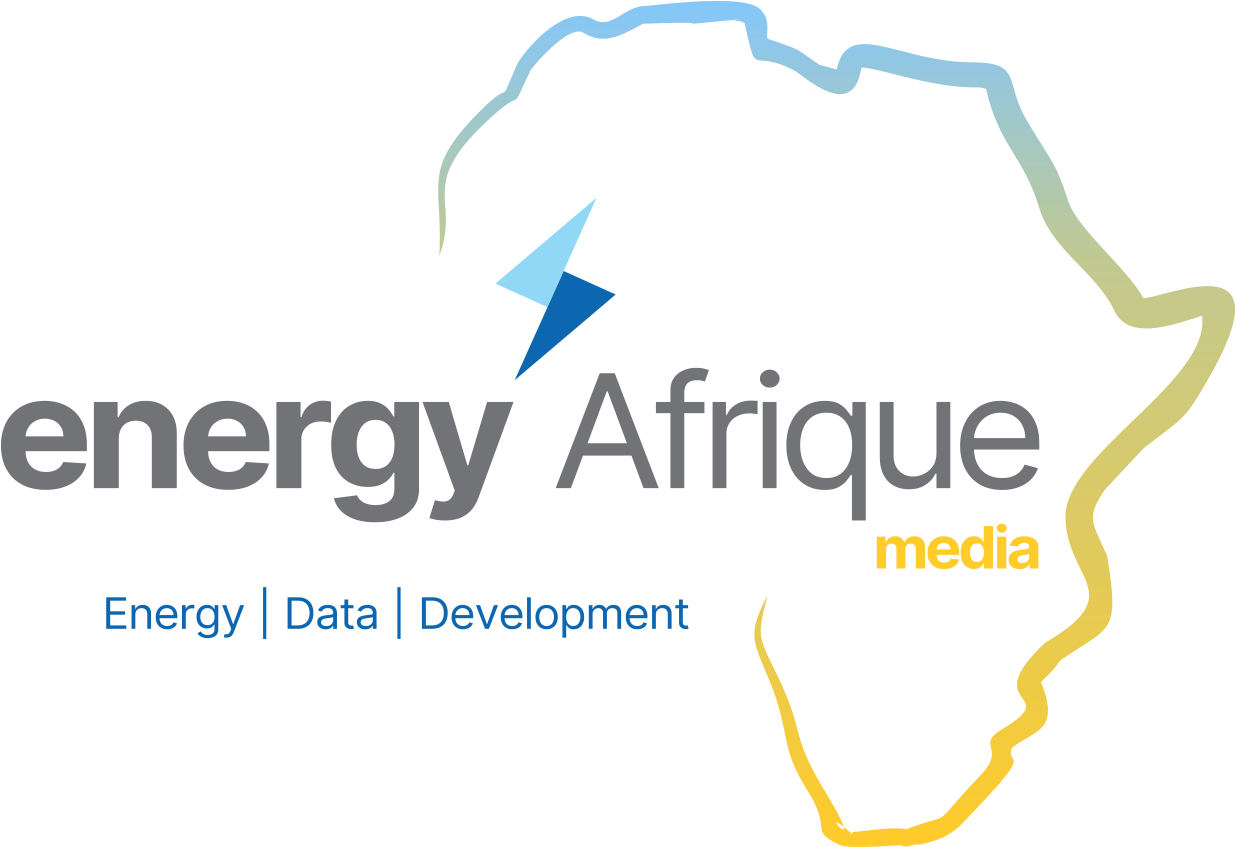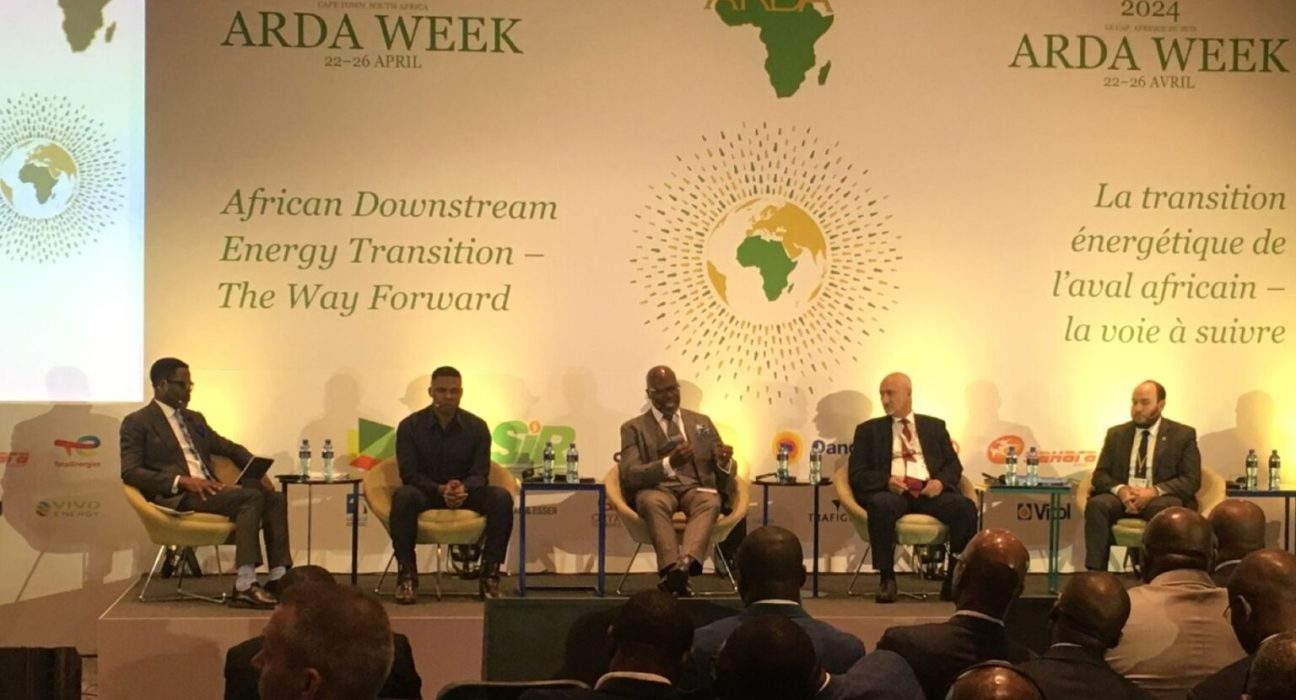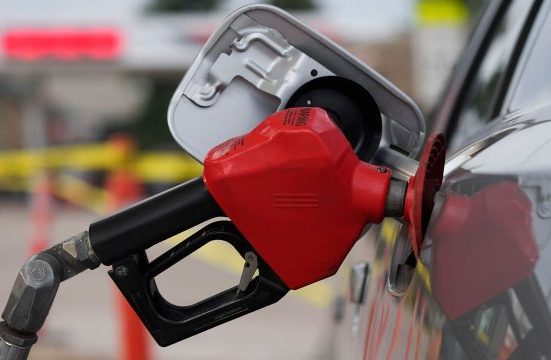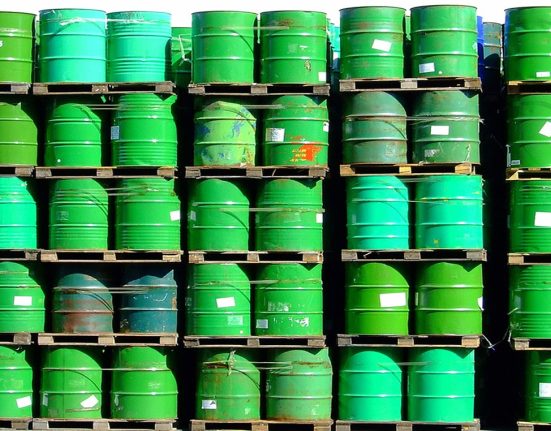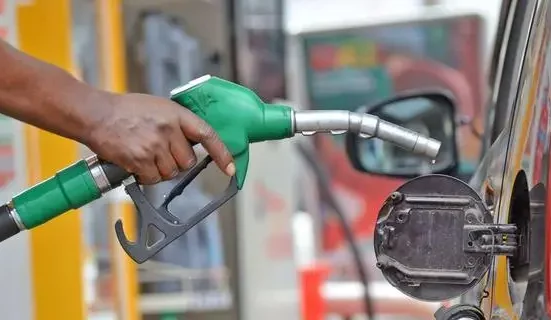Global oil demand is forecasted to surge by over 16 million barrels per day, reaching 116 million barrels per day by 2045, maintaining its dominant position in the global energy mix at 29.5%. Road transportation, petrochemicals, and aviation fuel this prediction.
According to the OPEC 2023 World Oil Outlook 2045 report, downstream investment is poised to play a crucial role in meeting Africa’s energy requirements and resource monetization strategies. It is estimated that a substantial $1.7 trillion in long-term investment will be needed to sustain oil supplies.
Speaking at a downstream investment event in Cape Town on April 22, NJ Ayuk, Executive Chairman of the African Energy Chamber, emphasized the importance of enhancing dialogue between OPEC and Africa. He stressed the necessity of increasing oil and gas production rather than scaling it back, advocating for the maximization of hydrocarbon resources on the continent.
In Africa, the Middle East, and the Asia-Pacific regions, downstream expansions are anticipated to constitute 84% of total downstream infrastructure by 2045, necessitating $1.7 trillion in refinery development investment to meet energy demand. Additionally, over $1.13 trillion is expected to be allocated to the continuous maintenance of existing refining capacity.
Abderrezak Benyoucef, Head of the Energy Studies Department at OPEC, emphasized the importance of ongoing investment in oil and gas, emission reduction, and diversification of investment portfolios.
Nigeria’s Oil Production Decline by 7.3% in February – OPEC
Ahead of the COP29 climate conference in Azerbaijan, Africa is working on developing a roadmap towards sustainable development and energy transition while leveraging hydrocarbon development. Renewables and natural gas are projected to experience significant growth in the global energy mix by 2045, with energy demand set to rise by 23%.
However, stakeholders at the Cape Town event stressed that achieving long-term sustainable growth requires responsible resource development.
Anibor Kragha, Executive Secretary of the African Refiners and Distributors Association, highlighted the necessity of securing investment and emphasized responsible drilling, decarbonization of existing assets, and resource monetization.
To meet Africa’s energy needs, a cumulative investment of $14 trillion in oil will be necessary by 2045, with an estimated $550 billion earmarked for new refinery units in the medium to long term.
Dr. Taher Najah, Director of Research at the African Petroleum Producers Organization, underscored that abandoning oil and gas is not a viable option for Africa. He emphasized aligning strategies to the continent’s needs to address greenhouse emission issues effectively.
